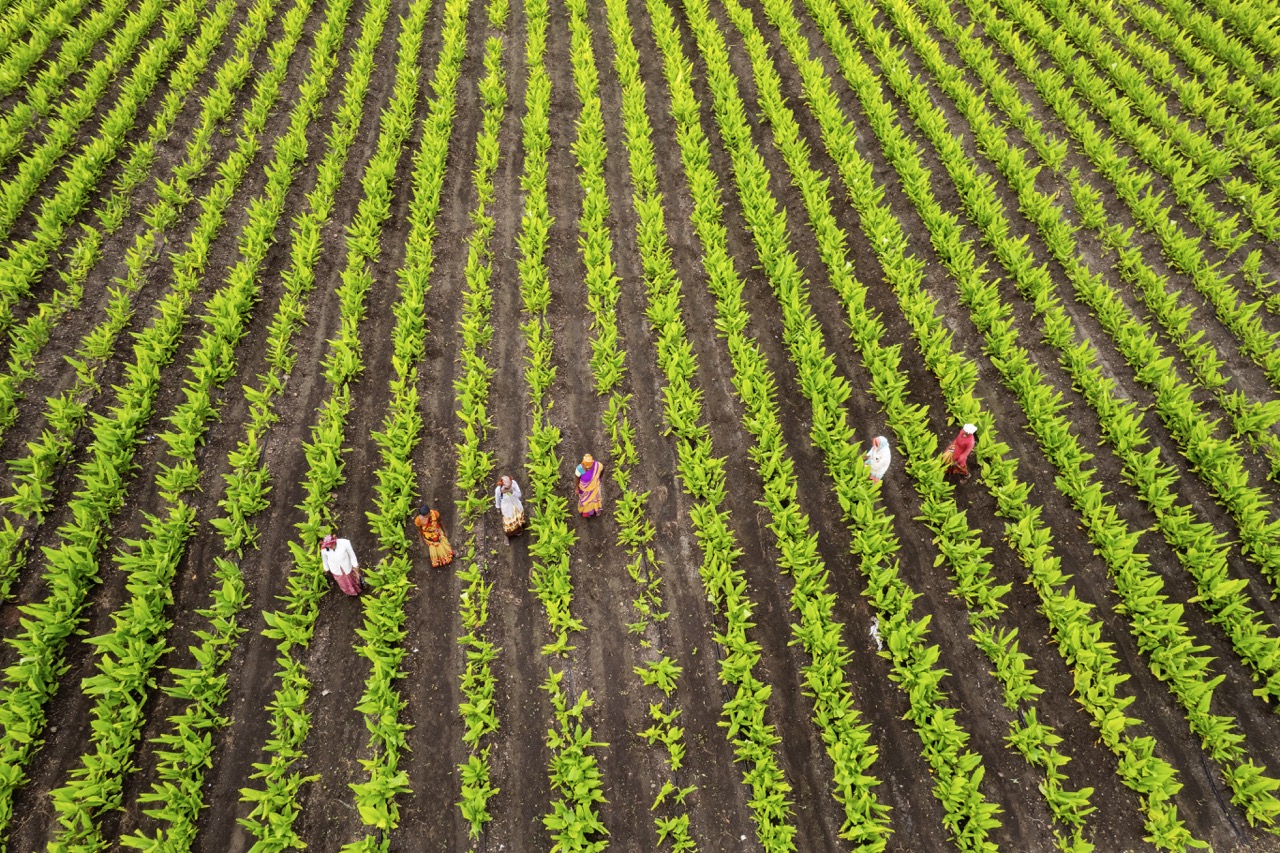In the realm of agriculture, precision farming has emerged as a pivotal strategy for optimizing crop production while minimizing environmental impact. At the heart of this innovative approach lies a critical practice: soil testing. By assessing the nutrient content, pH levels, and overall health of the soil, farmers can make informed decisions that enhance their yields and contribute to sustainable practices. This article delves into the importance of soil testing in precision agriculture, exploring its benefits, guiding sustainable practices, and outlining implementation steps for modern farmers.
Understanding Soil Testing: A Key Component of Precision Ag
Soil testing serves as the foundation of precision agriculture, providing essential data that informs decision-making processes. By analyzing soil samples, farmers can determine the nutrient availability, organic matter content, and overall soil health. This information allows for tailored interventions, ensuring that each field receives the specific nutrients it requires. By shifting away from a one-size-fits-all approach, farmers can optimize their inputs and improve outcomes.
Moreover, soil testing can reveal problems such as compaction, salinity issues, or contamination from previous agricultural practices. Identifying these challenges early can save farmers time and resources, ultimately leading to more productive and sustainable farming practices. Understanding the intricacies of soil composition is crucial for making informed management decisions and enhancing overall farm efficiency.
In addition, advancements in technology have revolutionized soil testing. Modern methods include remote sensing and geographic information systems (GIS), which allow for more precise analysis over larger areas. These technologies can help farmers develop comprehensive soil maps, facilitating more effective management strategies tailored to the unique characteristics of each field. As precision agriculture continues to evolve, soil testing remains a key component of its success.
Benefits of Soil Testing for Crop Yield and Quality
The correlation between effective soil testing and improved crop yield is well established. By understanding the specific nutrient needs of their crops, farmers can apply fertilizers more efficiently, leading to healthier plants and higher yields. Soil testing also helps farmers identify deficiencies in essential micronutrients, ensuring that crops receive adequate nutrition throughout their growth cycles. This targeted approach not only boosts productivity but also enhances the overall quality of the produce.
Furthermore, soil testing plays a crucial role in crop rotation and diversification strategies. By analyzing soil health and nutrient profiles, farmers can make informed decisions about which crops to plant in specific fields and when to rotate them. This strategic planning can lead to improved soil structure, reduced pest pressure, and enhanced resilience against diseases. Ultimately, the result is a more robust and sustainable agricultural ecosystem.
Another significant advantage of soil testing is its role in reducing environmental impact. By applying nutrients based on precise soil data, farmers can minimize the risk of nutrient runoff into waterways, which can lead to harmful algal blooms and other ecological problems. This not only benefits the environment but also enhances the reputation of agricultural practices as they align with sustainability goals and regulations.
How Soil Analysis Guides Sustainable Farming Practices
Soil analysis is instrumental in promoting sustainable farming practices by providing farmers with a roadmap for responsible resource management. By gaining insights into soil health, farmers can adopt practices such as cover cropping, crop rotations, and reduced tillage—all of which contribute to the long-term viability of their land. These practices help restore soil health, promote biodiversity, and enhance carbon sequestration, making agriculture more sustainable.
Additionally, soil testing facilitates the integration of organic farming principles. By understanding the nutrient dynamics of their soils, farmers can identify opportunities for improving organic matter content through composting and other organic amendments. This not only enriches the soil but also reduces reliance on synthetic fertilizers, aligning with the growing consumer demand for organic products and sustainable practices.
Furthermore, soil testing enables farmers to track changes over time, allowing them to assess the effectiveness of their management practices and make adjustments as needed. This iterative process promotes continuous improvement in farming operations, ensuring that farmers can adapt to changing environmental conditions and maintain productive systems. In doing so, soil testing becomes a vital ally in the quest for sustainable agriculture.
Implementing Soil Testing: Steps for Modern Farmers
To effectively implement soil testing, farmers should begin by selecting reliable soil testing laboratories that adhere to recognized standards. Choosing a laboratory with experience in agricultural soil analysis ensures accurate results and actionable insights. Farmers should also consider the specific crops they are growing and the unique conditions of their fields when selecting testing parameters.
Once a laboratory is selected, farmers should take representative soil samples from different areas of their fields to capture variability. This involves using a soil probe or auger to collect samples from various depths and locations, which can then be mixed to create a composite sample for analysis. Proper sampling techniques are crucial to obtaining accurate results that reflect the true condition of the soil.
Finally, after receiving the analysis report, farmers should consult with agronomists or soil fertility specialists to interpret the results and develop a customized nutrient management plan. This plan should align with the specific crop requirements and consider the long-term health of the soil. By systematically implementing soil testing and utilizing the insights garnered, farmers can significantly enhance their productivity, sustainability, and overall success in precision agriculture.
Soil testing is an essential practice that significantly impacts the effectiveness of precision agriculture. By providing critical insights into soil composition and health, it empowers farmers to make informed decisions that enhance crop yield, quality, and sustainability. As the agricultural landscape continues to evolve, the proactive approach of soil testing will remain a cornerstone of responsible and productive farming practices. Through the integration of soil analysis into their operations, farmers can not only boost their productivity but also contribute to a more sustainable future for agriculture.










